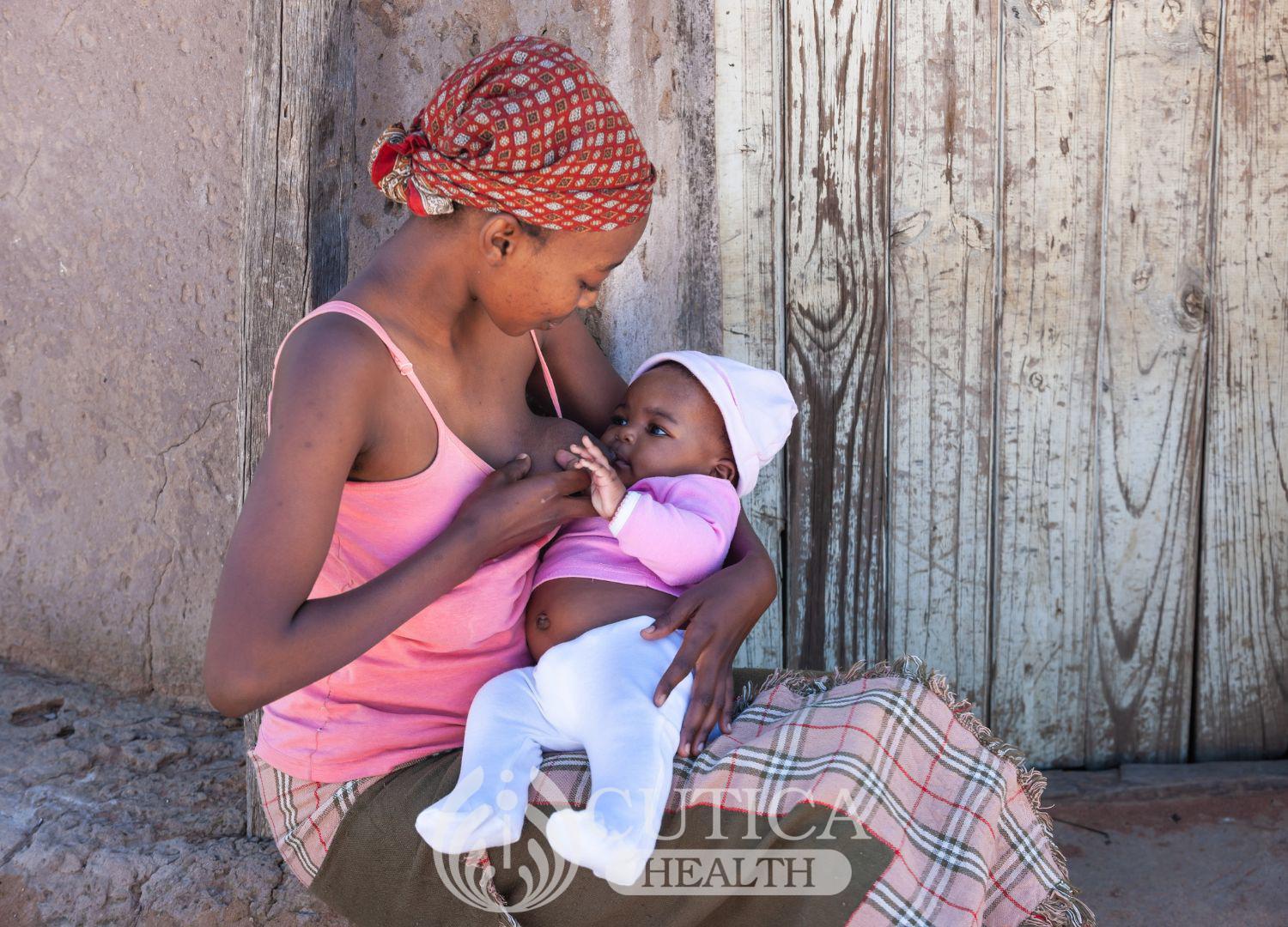
Urinary tract infections (UTI) are common in pregnant women. The infection can occur in any part of the urinary system, which includes the:
- Kidneys
- Ureters; the tube from each kidney that carries urine to the bladder
- Bladder, which stores urine until you are ready to void
- Urethra, the tube that takes urine from the bladder to the exterior
UTI is more common in pregnancy because of the following reasons:
- Pregnancy hormones cause changes in the urinary tract that makes infection more easy, these include relaxation of the muscles that usually tighten the junctions between these structures
- Pregnancy may increase the amount of sugar or protein in your urine, increasing the chances of bugs growing and multiplying faster
- The urine in a pregnant woman is less acidic, creating a favorable environment for bugs to thrive
- Pressure on the bladder by the growing uterus may prevent you from voiding completely, increasing the risk of infecting the leftover urine

Symptoms of UTI
- An urgent need to urinate
- Urinating more often than usual
- Painful urination
- Having trouble voiding completely during urination
- Burning sensation in the lower back or lower belly during urination
- Foul-smelling urine
- Cloudy urine
- Streaks of blood in urine
- Coke-colored urine
- Fever
- Nausea
- Vomiting
Treatment of UTI in Pregnancy
Treatment of urinary tract infections generally includes antibiotics to clear out the bugs; your healthcare provider may also recommend:
- Drinking lots of water to flush out the bacteria
- Urinating when the need arises
- Getting plenty of rest to help support your body’s immunity
- Drinking cranberry juice is said to help with the symptoms of UTI.

Complications of UTI in Pregnancy
Left untreated, UTI in pregnancy may cause serious complications, including:
- Sepsis, the term for severe illness from an infection. This tends to occur if the infection spreads to the kidneys and blood
- Preterm labor
- Rarely, stillbirth
Preventing Urinary Tract Infection
Since the risk of UTI is higher in pregnancy, pregnant women can take some steps to lower their risks. These include:
- Drink plenty of water
- Wash genital areas and anus carefully with clean water
- Avoid holding urine, and urinate when the need arises
- Urinate before and after sex to prevent incubating bugs
- Attend routine prenatal checks, where doctors screen for urinary problems












